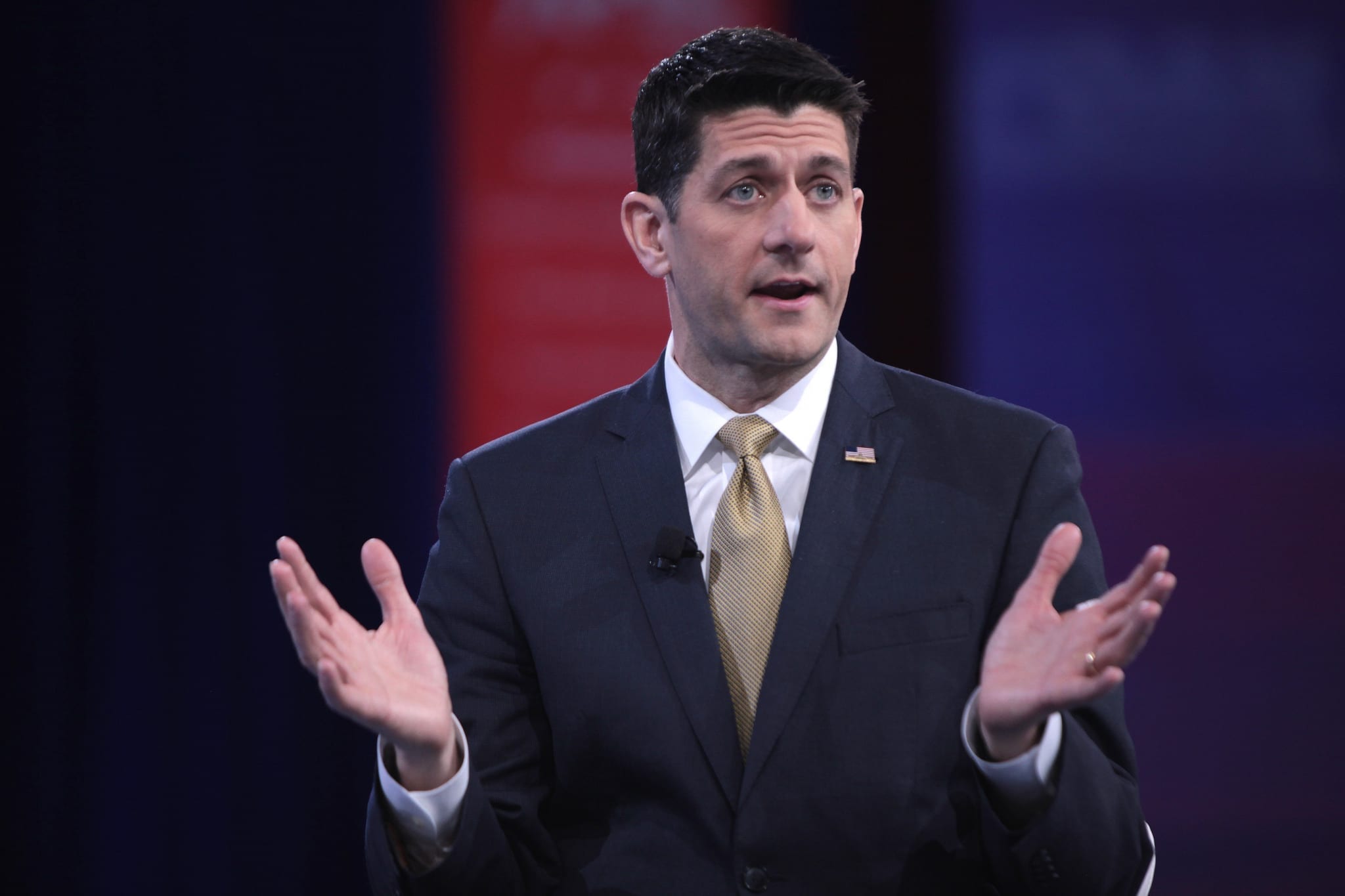A survey sent out to physicians across the country found the vast majority of respondents felt it was important for insurers to cover pre-existing conditions.
Created and distributed by The Washington Post, the survey was sent to 1,000 primary case doctors across the United States. After excluding roughly half due to wrong addresses and associated mishaps, about 45% of the physicians contacted sent back a response.
While not every doctor said they supported Barack Obama’s signature Affordable Care Act – many wanted a repeal – 95% of the total said they found higher premiums for patients with pre-existing conditions unfair and discriminatory. That opinion was the same across party lines, with even Republican doctors saying they wanted protections in place.
The creators of the survey, themselves physicians, didn’t try providing a rationale for the results. They speculated that doctors could be motivated a variety of factors – from a fundamental understanding of fairness to a first-hand glimpse at the struggles patients endured securing coverage before the ACA was put into effect.

Nevertheless, the consensus for Democratic, Republican, and Independent physicians alike was that pre-existing conditions should be covered by insurers, with coverage not being grossly punitive.
The proposed repeal of the Affordable Care Act, passed by Republican legislators in the House Thursday, is feared to increase the ability of insurers to deny or boost the costs of coverage on applicants with pre-existing medical conditions.
Media coverage which has been making the rounds for the past several days spells out a grim picture: pregnancy, Cesarean sections, and treatment for sexual assault or domestic violence could all be considered ‘pre-existing conditions.’
“People are very concerned about their ability to keep their coverage and it’s for a good reason,” said Cynthia Cox, the assistant director of non-profit health research group The Kaiser Family Foundation.
Debate over covering pre-existing conditions was one of the main reasons why the House’s first attempt to repeal and replace the Affordable Care Act ended with a no-vote – moderate Republican legislators refused to pass a bill that’d so negatively impact many of their constituents.
A day after the bill was passed, House Majority Whip Steve Scalise said the version passed by the representative legislature would still allow people with pre-existing conditions the opportunity to find affordable coverage.
“Their rates will remain affordable,” Scalise said in an interview with MSNBC. “If somebody just drops out of the insurance market altogether and then wants to come back and get in, we put extra money in place… In fact, the last amendment that was added just a few days ago put an extra $8 billion in the bill specifically to help specifically people with pre-existing conditions.”
Nevertheless, patient advocates, like Rachel Easter of the National Women’s Law Center, remained worried.
“It’s just devastating for women,” said Easter. “They suffer more from chronic asthma and arthritis, for example, which are pre-existing conditions. And one of the most egregious situations would be the undermining of protections for people who are survivors of domestic violence or sexual assault.”
Sources
Even Republican doctors oppose discrimination against people with preexisting medical conditions
The House Health Plan Makes Your Genes a Preexisting Condition
These pre-existing conditions wouldn’t be protected by new US healthcare bill


Join the conversation!